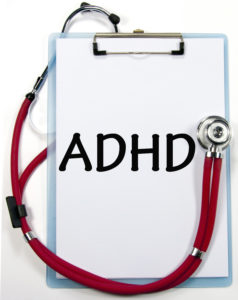Introduction – Adult ADHD and Relationships
People with Adult ADHD often report having trouble in their relationships and friendships. The divorce and separation rates are much higher in relationships when one of the partners has ADHD. In addition, adults with ADHD have a higher chance of having children with ADHD.
Adult ADHD may cause difficulty in relationships due to trouble with executive functioning. Executive functioning is a core feature of ADHD and includes regulation of mood, planning, follow-through, short-term memory, organizing, and impulse control.
Most adults with ADHD have not been diagnosed or have received a misdiagnosis. Thus, the most important first step is to receive an accurate diagnosis and treatment. Then, it is important to understand how ADHD affects relationships and to learn the skills to overcome the challenges of Adult ADHD.
Here are 5 Strategies to improve relationships:
1. Practice Listening: People with ADHD are easily distracted by external stimuli or internal thoughts. Thus, it is imperative to minimize distracting events by removing distracting objects such as television, computer, or mobile device. In addition, having a listening strategy is very important. For example, using active listening, the person can repeat what he or she heard and ask “is that right”, “did I get it”, or “is there more.”
2. Avoid Rambling: People with Adult ADHD are at risk for rambling and getting lost in their own thoughts. Thus, every few minutes, it is important for the person to check in with how the other person’s facial expression looks and if the other person has had a chance to speak.
3. Focus on the other person: Since the person with Adult ADHD is at risk for not listening and for rambling, making a concerted effort to focus mostly on the other person will help smooth and strengthen the relationship and help the other person feel heard.
4. Reciprocity: Reciprocity is essential in any relationship. However, people with ADHD can often become overwhelmed in their daily lives or miss out on subtle cues from the partner. Thus, it is important for the person with Adult ADHD to intentionally focus on “caring behaviors” that provide a need for the partner to build a balance in give and take.
5. Call a time out: One key feature of executive functions is emotional regulation. Since this is often difficult for the person with Adult ADHD, there is a risk for mood swings including more frequent agitation and anger. Thus, if the person understands this risk, when a discussion or argument starts escalating, taking a time out can help diffuse the tension and intensity.
Conclusion – Relationships
Adult ADHD can be challenging in a relationship. However, with receiving a proper diagnosis and treatment, as well as using some of these strategies, relationships can succeed and become stronger.

Leave a Reply